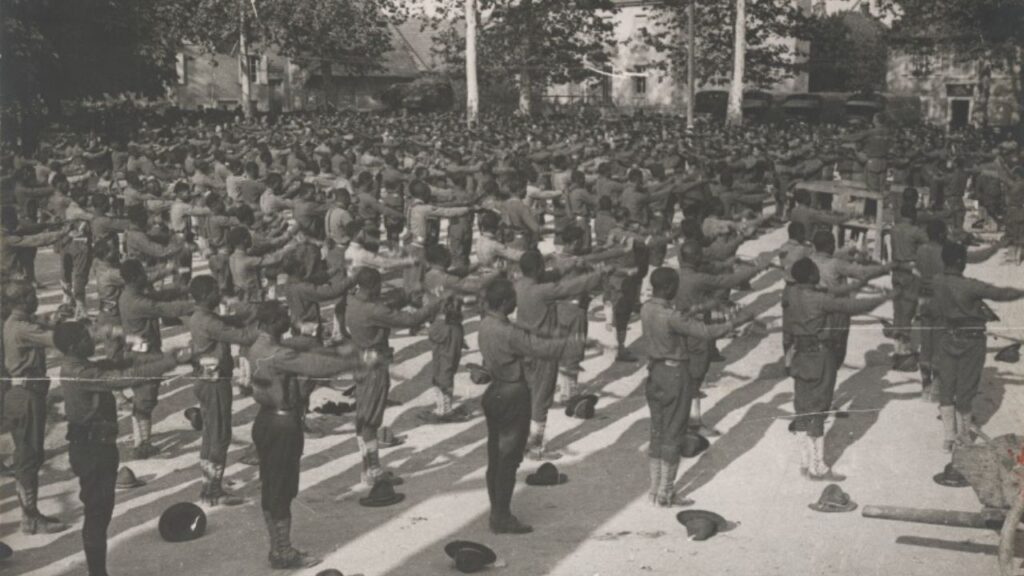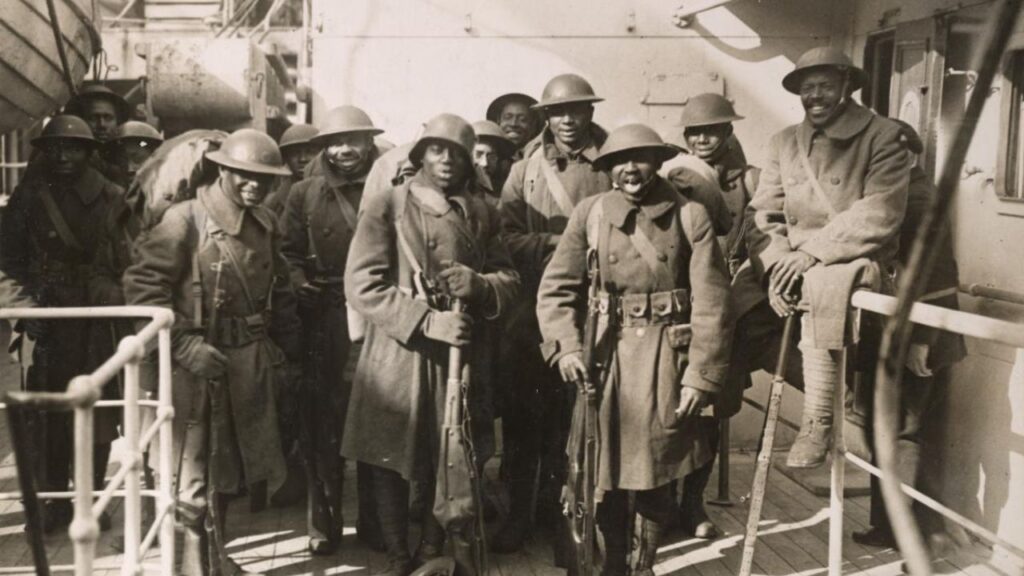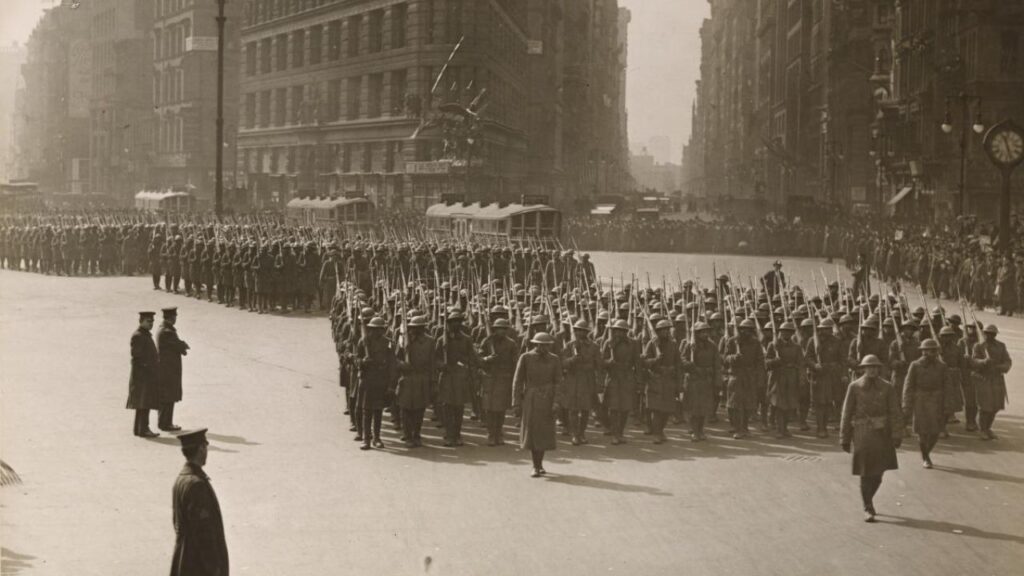The Hypocrisy of WWI: African Americans Fighting for a Country That Oppressed Them
Published: 27 January 2025
By Mark Harris
via the Survival World website

A-Nation-Divided-by-Inequality-1024×576
World War I was a pivotal moment in global history, but for African Americans, it was a paradox riddled with hope, oppression, and defiance. While the war presented opportunities for Black Americans to fight for their country and showcase their loyalty, it also highlighted the stark contradictions of a nation that asked for their service while denying them equality. This article delves into the complex relationship between African Americans and the First World War, examining their contributions, struggles, and the lasting impact on the fight for civil rights.
A Nation Divided by Inequality
When the United States entered World War I in 1917, it did so as a country deeply divided by race. Decades after the abolition of slavery, African Americans in the South faced the harsh realities of Jim Crow laws, sharecropping, and systemic disenfranchisement. Despite being citizens on paper, they were far from enjoying the rights and freedoms afforded to white Americans. It was a time when white supremacy was at its peak, and the promise of equality seemed like a distant dream.
The Great Migration: A Search for Opportunity
The war created a ripple effect that extended beyond the battlefields. As industries in the North ramped up production to support the war effort, nearly one million African Americans seized the opportunity to leave the rural South in what became known as the Great Migration. This movement fundamentally transformed the economic and social fabric of the United States, as Black families sought better jobs, education, and living conditions in urban centers. Yet, even in the North, African Americans faced prejudice and segregation, though often less overt than in the South.
A Divided Call to Service
For African American men, the decision to serve in the war was fraught with complexity. On one hand, enlisting was seen as a chance to prove their patriotism and loyalty to a country that had long marginalized them. Many believed that by demonstrating their courage and dedication on the battlefield, they could earn respect and demand the rights they were owed. On the other hand, the irony of fighting for democracy abroad while being denied basic freedoms at home was not lost on them.
→ Read the entire article on the Survival World website here:
External Web Site Notice: This page contains information directly presented from an external source. The terms and conditions of this page may not be the same as those of this website. Click here to read the full disclaimer notice for external web sites. Thank you.





